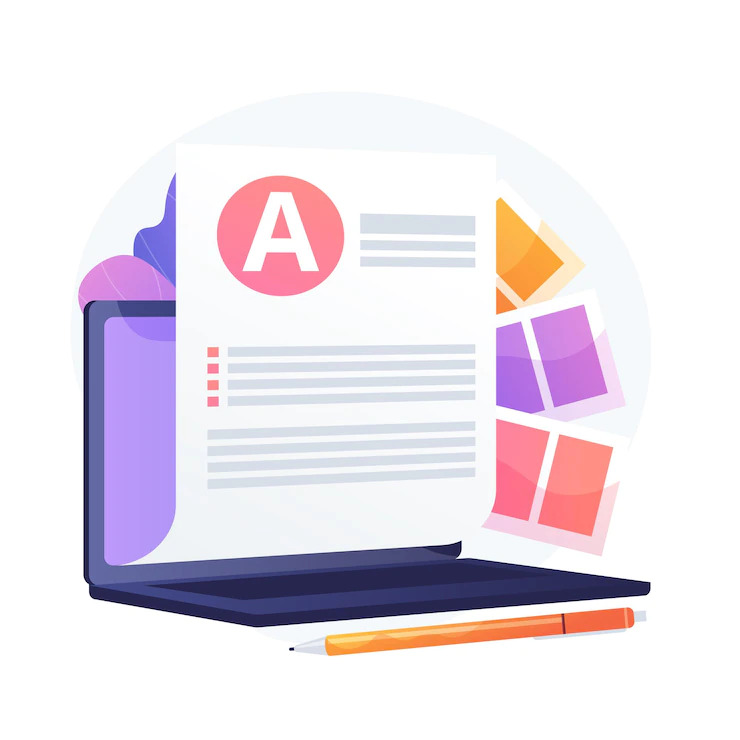
Artikel
16
oktober
Learn better by learning together : collaborative and cooperative learning
Learning together, often referred to as collaborative or cooperative learning, can be a highly effective learning method for many people. It harnesses the power of social interaction and knowledge sharing to enhance the learning experience.
In a corporate context, it refers to a set of strategies and approaches that encourage employees to work together to achieve common goals, solve problems, share knowledge and develop new skills.
Here are some key reasons why collaborative learning can be beneficial.
1. Diverse perspectives:
When you learn with others, you have the opportunity to benefit from a variety of perspectives and experiences. This diversity can provide a more comprehensive understanding of a subject.
2. Active engagement:
Collaborative learning often involves discussions, debates, and problem-solving activities. These active learning techniques can help you engage more deeply with the material.
3. Improved retention:
Discussing and teaching a concept to someone else reinforces your own understanding. When you’re responsible for explaining a concept to a peer, you’re more likely to remember it.
4. Social support:
Learning with others can provide emotional and motivational support. It’s easier to stay motivated when you have a study group or learning partners to keep you accountable.
5. Skill development:
Collaborative learning can help you develop essential skills such as communication, teamwork, and critical thinking, which are valuable in both academic and professional settings.
Strategies to make collaborative learning more effective
-
Define roles:
Assign specific roles to each member of the group. For example, one person can be the facilitator, another the note-taker, and another the timekeeper.
-
Clear objectives:
Ensure that everyone in the group understands the goals and objectives of the learning session.
-
Active participation:
Encourage all group members to actively participate by asking questions, sharing their knowledge, and engaging in discussions.
-
Peer teaching:
Encourage group members to take turns teaching and explaining concepts to each other. This reinforces learning and identifies areas that need further clarification.
-
Reflection and feedback:
Periodically reflect on the learning process and provide constructive feedback to each other to improve the effectiveness of the group.
-
Effective communication:
Ensure that the group communicates openly and respectfully. Active listening and clear communication are vital for successful collaborative learning.
-
Flexibility:
Be open to adjusting your learning methods and goals based on the needs and progress of the group.
Whether you study with peers, participate in group projects, workshops, team projects, workplace training or attend study groups, collaborative learning can greatly enhance your learning experience. It’s important to find the right balance between individual and group learning, depending on your own learning style and preferences.
What's your reaction ?
Follow us on Social Media
Some Categories
Recent posts

July 27, 2024
Nieuwe kabinetsvisie: samen sterker tegen cyberdreigingen

July 24, 2024
Navigating AI Implementation: Try these strategies to overcome resistance.

July 24, 2024
Sick Leave Policy Netherlands Guidance for HR and Entrepreneur.

July 24, 2024
CSRD Reporting: Mandatory Reporting on Corporate Sustainability.

July 24, 2024
Training Budget: Investing in Employee Development.

 Inloggen
Inloggen
 Registreren
Registreren






Comments (0)
No reviews found
Add Comment